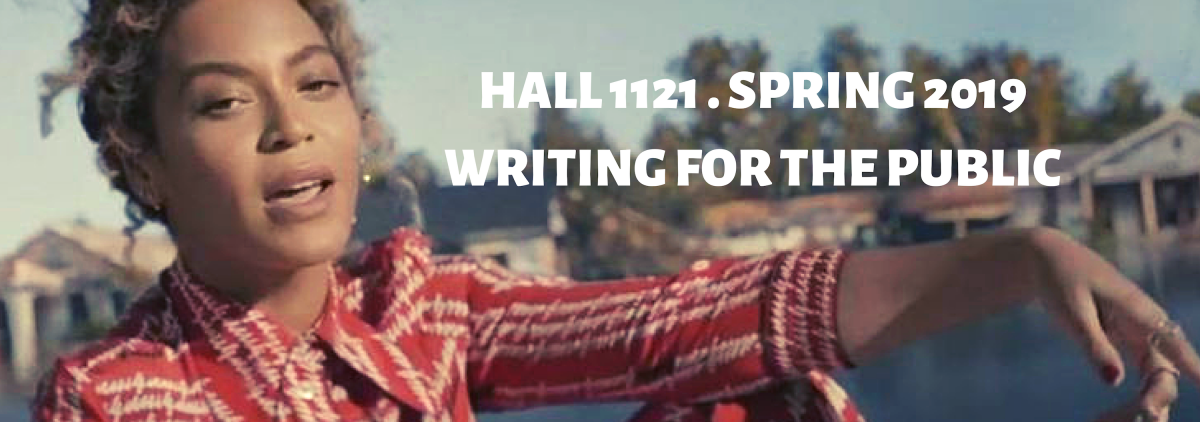Latrell Greene
Marvel’s X-Men are a symbol for the struggle of people who are seen as different to achieve equality. Created in 1963 by Stan Lee and Jack Kirby, the X-Men weren’t created in a vacuum. They were written into existence during a time where the civil rights movement, the fight for racial equality and the end to racial segregation, was reaching its peak. The struggle of the X-Men being ‘mutants’, and putting up with those of society who hated them, and discriminated on them simply because they were different was an effective way to get readers to face redundancy of racism and discrimination based on race.
The comics gave people who had experienced that kind of discrimination a form of representation, while giving those who might not have faced it an understanding. Though Marvel Comics are also known for it’s social commentary in a lot of their other properties too during various time periods, the X-Men perhaps delves the most deep into those issues, and is perhaps the most inspired by those real world issues in comparison. In the series, the topics of racism, diversity, and anti-Semitism are explored.
Going further than just connecting the issues between in the comics and real life, characters are even heavily paralleled to real life figures that embody the issues being explored.The leader of the X-Men and the Leader of the opposing team of mutants, Professor X and Magneto, respectively, are representations of their real world counterparts, the Civil Rights leaders Martin Luther King Jr., and Malcolm X. Professor X has connections with Martin Luther King Jr. in that their ideologies share hope that everyone can coexist peacefully in the future despite the hostile discrimination occurring in the present, while Magneto and Malcolm X hold the more opposing ideology; they’re inclined to the notion of embracing their differences and separating from the rest due to the discrimination.
Some might argue that because they incorporated these issues into a comic book during a time where these issues were serious, that they made light of these issues. But in reality, including something serious like this in a comic book or a similar piece of entertainment allows it to reach more people, and its demographic being younger, it can influence and teaches the next generation to be greater. It gives those who can relate representation, and lets them know that their problems do matter. On top of this, it can be a lot more impactful by getting a reader to care about the characters, and then by effect, getting them to care about their problems. It gets the reader to do something watching the news might not be able to for them; understand why those problems matter.



